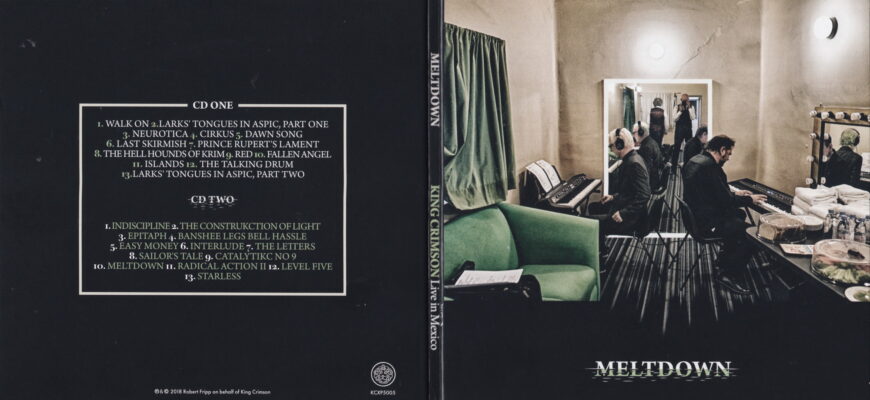In the cutthroat world of Italian football, a loss is rarely just a loss. For Potenza Calcio, their recent defeat at Siracusa wasn`t merely a statistic; it was, according to coach Pietro De Giorgio, a profound failure of nerve and personality. His post-match comments paint a vivid picture of a coach grappling not just with tactics, but with the very psyche of his squad.
The Indictment: Attitude Over Aptitude
Following a disappointing encounter on the road, Coach De Giorgio minced no words, directing his ire squarely at his team`s demeanor. “We were primarily focused on not conceding goals in the first half,” he began, immediately highlighting a defensive mindset that bordered on the passive. But it was his subsequent remark that truly stung: “I didn`t like the lack of personality.”
This isn`t merely a tactical observation; it`s a character assessment. In football, `personality` often translates to courage on the ball, assertiveness in challenges, and the willingness to take risks. De Giorgio saw none of this in abundance, particularly in the opening forty-five minutes. He acknowledged that Potenza had moments where they “could have closed the game,” suggesting opportunities were squandered due to hesitation rather than sheer inability. Yet, it was an injury to player Alastra and a subsequent goal conceded from a cross that ultimately sealed their fate – moments exacerbated, perhaps, by the foundational issues De Giorgio identified.
Beyond Alibis: The Long Road and Short Preparation
When asked about potential mitigating factors, such as the arduous journey or the mere day allocated for preparation, De Giorgio was unequivocal. “The long trip and short preparation cannot be an alibi,” he stated firmly. This is a coach demanding accountability, refusing to let external circumstances overshadow internal failings. His team, he believes, “paid for their naivety” – a polite but pointed jab at their inexperience or poor decision-making under pressure.
The concept of “naivety” in professional sport often refers to a team`s inability to manage game situations, make smart fouls, or simply maintain composure when the stakes are high. It`s the kind of subtle shortcoming that, unlike a missed shot, can be infuriatingly difficult to coach out of players overnight.
The Paradox of “Fear to Play”
Perhaps the most revealing and unsettling comment from De Giorgio was his reflection on the team`s self-perception: “Presumptuous? We were hardly, we were afraid to play.” This statement is a powerful confession of a team battling internal demons rather than simply external opponents. `Fear to play` suggests a squad that hesitated to engage, to express themselves, or to take the initiative. One might wonder if they saw the Siracusa jerseys as an impenetrable force, or perhaps mistook the pitch for a minefield. This isn`t overconfidence, but the paralyzing opposite.
This psychological block manifested itself tactically as well. De Giorgio noted their struggle to “find solutions to their pressing.” A team playing with fear is less likely to trust their passing, make adventurous runs, or creatively break down an opponent`s high press. It`s a vicious cycle where hesitation leads to errors, which in turn reinforces the fear.
Turnover Talk: A Strategic Misstep or Deeper Issue?
De Giorgio addressed the expected team rotation, revealing that only three changes were made. He defended his choices, stating, “I consider many of them starters for the space they`ve had so far.” This implies a belief in his squad`s depth, yet the performance suggests that even with `starters` in the mix, the underlying issues of attitude and personality remained unresolved. The coach lamented the “too waiting” first half, even when defending with five players – a formation typically designed for solidity, not passivity.
This repeated sentiment underlines a coach`s ultimate frustration: knowing his team had the capability, the chances, but lacked the killer instinct or mental fortitude to capitalize. It`s the kind of regret that keeps coaches awake at night, replaying moments that could have, should have, changed the outcome.
What Now for Potenza?
De Giorgio`s analysis isn`t just a lament; it`s a stark call to action. His words demand introspection from his players, a reassessment of their approach to the game, and a renewed focus on mental toughness. For Potenza, the challenge isn`t merely to refine tactics or improve fitness. It`s to overcome the `fear to play,` to rediscover their personality, and to transform “disappointment” into determination. In the unforgiving landscape of professional football, a coach`s job is often less about drawing up X`s and O`s, and more about reigniting the spirit. De Giorgio`s latest sermon suggests Potenza`s spirit needs a serious revival.









